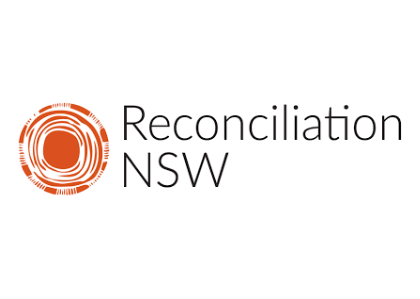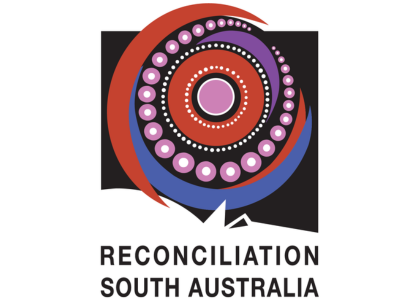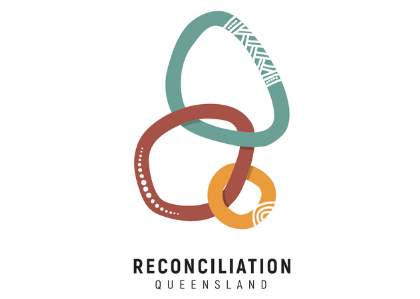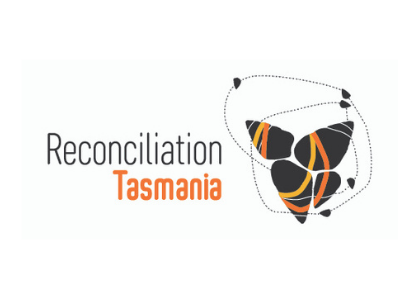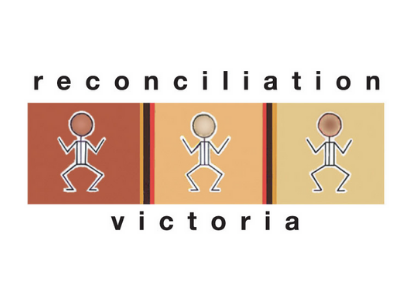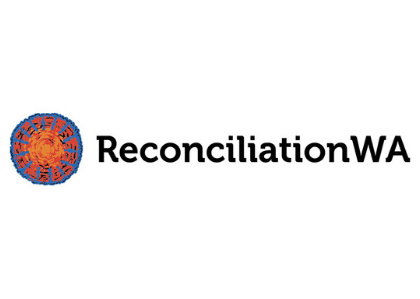Looking for activities and information on your state or territory? Wondering who the Traditional Owners of the Land and Waterways are?
The Australian Reconciliation Network (ARN) is comprised of state and territory reconciliation organisations that run as separate entities to Reconciliation Australia. You can find them here:
New South Wales
Reconciliation NSW is the peak body for reconciliation in NSW. Our members include First Nations and non-Indigenous people working together to advance reconciliation in their communities.
South Australia
Reconciliation SA champion a reconciled and just South Australian society free from racism through education, information, conversation and advocacy.
Queensland
Reconciliation Queensland’s vision is for an equitable and informed Queensland, which recognises a shared past and respects Aboriginal peoples and Torres Strait Islander peoples as the first Australians.
Tasmania
Reconciliation Tasmania is the statewide body promoting reconciliation for all Tasmanians. We promote a deeper understanding, respect and justice for, and with, Aboriginal and Torres Strait Islander peoples.
Victoria
Reconciliation Victoria is the statewide body promoting reconciliation across Victoria. This means that we promote deeper understanding, respect and justice for and with Aboriginal and Torres Strait Islander peoples.
Western Australia
Reconciliation WA is focused on the creation of societal and economic outcomes that help create a State where the special place, culture, rights and contribution of First Peoples are valued and respected.
Australian Capital Territory
The ACT Reconciliation Council plays a vital role in promoting reconciliation across Canberra, encouraging all members of the community to learn more about the histories and cultures of Aboriginal and Torres Strait Islander peoples.

